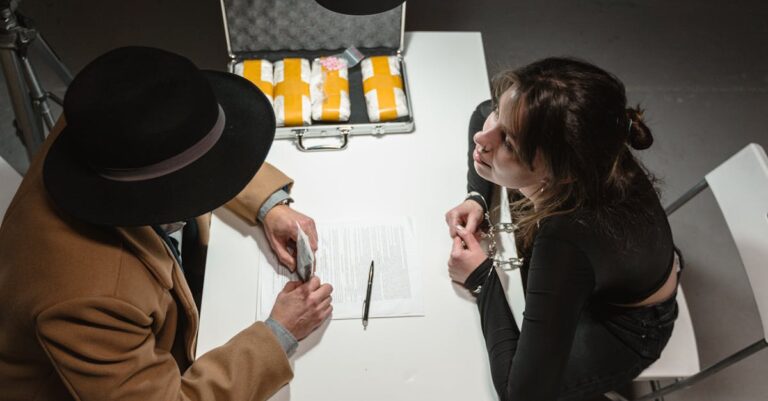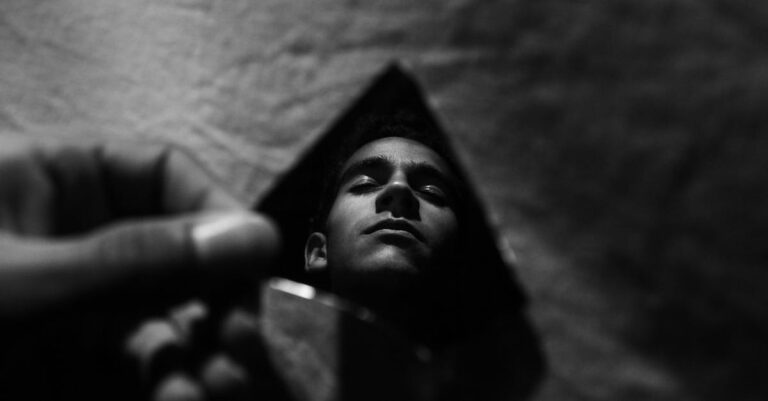
Dr. Mara Voss adjusted the neural interface, her fingers brushing against the cold metal of the scanner. The hum of the lab’s machinery filled the air, a low drone that had become as familiar as her own breath. Across from her, Kael lay strapped to the examination table, his chest rising and falling in measured rhythms. His eyes were closed, but Mara knew he was awake—aware. She had trained him well.
“Baseline stable,” she murmured, her voice steady despite the weight of the moment. The subject’s brain waves flickered on the monitor, a chaotic dance of synapses firing in patterns she had yet to fully decode. Kael was the culmination of years of research, a human vessel engineered to absorb and retain memories with surgical precision. It was supposed to be a breakthrough, a way to preserve knowledge without the fallibility of human recollection. But something had changed.
“You feel anything?” she asked, her tone clipped, professional. Kael’s eyelids fluttered open, revealing pupils that seemed too large, too alert. He didn’t answer immediately. Instead, he stared at the ceiling, his jaw tight. Mara leaned closer, studying his expression. There was something there—something unfamiliar.
“I… I don’t know,” he finally said. His voice was quiet, almost hesitant. It wasn’t the response she expected. The protocol dictated that he would report any sensations, any foreign impressions. But Kael’s hesitation felt like a crack in the foundation of their experiment.
Mara exhaled slowly, her breath fogging the glass of the observation panel. She had seen this before—subjects struggling to differentiate their own memories from those they absorbed. But this was different. There was an edge to Kael’s uncertainty, a vulnerability that didn’t fit the data. She tapped the console, pulling up the latest scans. The neural patterns were shifting, erratic. Not unstable, but… alive.
“Try again,” she said, her voice firm. “Focus on the image.” She gestured to the holographic display hovering above the table, a swirling tapestry of light and shadow. Kael’s gaze followed hers, and for a moment, the room seemed to hold its breath. Then, without warning, his body convulsed. His fingers curled into fists, his teeth clenched. Mara rushed to his side, her heart pounding.
“Kael!” she shouted, but he didn’t respond. His eyes were open now, wide with something that wasn’t fear—something deeper. A recognition. A memory that wasn’t his.
The next morning, Mara sat in her office, the sterile light of the lab casting long shadows across the walls. She had spent hours analyzing the data, cross-referencing Kael’s neural patterns with the stored memories he had absorbed. Nothing made sense. The anomalies were growing more frequent, more intense. And then there was the emotion—something she couldn’t explain. It wasn’t just the memories; it was the way they *felt*. As if Kael was living them, not just recalling them.
She stared at the files on her screen, her fingers hovering over the keyboard. The experiment had been designed to be neutral, clinical. But now, it felt like a game of chess where the pieces were moving on their own. She needed answers, but every time she thought she had a clue, the puzzle shifted again.
That evening, she returned to the lab, her coat still damp from the rain outside. The air was colder than usual, carrying the scent of ozone and something metallic. Kael was awake again, his expression unreadable. He didn’t look at her as she approached.
“What did you see?” she asked, her voice low. There was no need for pretense anymore. The experiment had crossed a line, and she could feel it in the way the air crackled around them.
Kael’s lips parted, but no words came out at first. Then, in a whisper so faint it almost disappeared into the hum of the machines, he said, “You were there.” His eyes met hers, and for the first time, she saw something in them that terrified her—recognition. Not of her, but of *himself*. As if he had always known her, as if she had been part of him all along.
Mara stepped back, her pulse hammering in her ears. The implication was staggering. If Kael’s memories weren’t his own, then whose were they? And more importantly, why did they feel so *real*? She turned away, pacing the length of the lab, her mind racing. The data didn’t lie, and neither did Kael’s expression. This wasn’t a malfunction. It was something else—something deeper.
That night, she dreamt of a place she had never been. A house with peeling wallpaper and a porch that creaked in the wind. She could hear laughter, soft and distant, like it was coming from another room. When she turned, there was no one there. But the feeling remained—warmth, familiarity. It wasn’t her memory. It wasn’t Kael’s either. It was something in between.
The next morning, Mara stood before the scanner again, her hands trembling slightly as she adjusted the settings. She had made a decision, though she wasn’t sure it was the right one. If Kael’s memories were real, then they held answers she couldn’t ignore. But if they were part of something larger—something dangerous—then she might be walking straight into a trap.
She took a deep breath and activated the system. The machine whirred to life, and Kael’s eyes fluttered open. This time, she didn’t look away. She met his gaze, searching for the truth in the depths of his pupils. And when he spoke, his voice was steady, certain.
“I remember,” he said. “And so do you.”
Mara froze. The words hit her like a physical blow. She wanted to deny them, to push them aside and pretend she hadn’t heard. But the truth was already there, buried deep in her mind, waiting to be uncovered. She had spent years building Kael, shaping him into the perfect subject. But what if he had been shaping *her* all along?
The realization was suffocating. If Kael’s memories were real, then so were the ones she had forgotten. And if they were connected to the experiment, then this wasn’t just about memory—it was about identity. About who she was, and who she had become.
She turned away, her hands gripping the edge of the console as if it could anchor her. The lab felt smaller now, the walls closing in. She had always believed in the science, in the logic of it all. But this—this was something else. A truth she wasn’t ready to face.
Kael’s voice cut through her thoughts, quiet but insistent. “You need to stop.”
Mara’s head snapped up. “What?” Her voice was sharp, defensive.
“The experiment,” he said, his expression calm, almost sad. “It’s not just about memories. It’s about control. And if you keep going, you’ll lose yourself.”
She wanted to argue, to tell him he didn’t understand. But the words caught in her throat. Because deep down, she knew he was right. The experiment had started as a way to preserve knowledge, but it had become something else—something dangerous. And if Kael’s memories were real, then she was part of that danger.
For the first time, Mara felt the weight of her choices. She had spent years chasing progress, pushing the boundaries of science. But now, she was standing at the edge of something much bigger than herself. And the question wasn’t just whether to stop the experiment—it was whether she could live with the truth if she continued.
She looked at Kael one last time, her heart heavy with uncertainty. Then, slowly, she reached for the console and shut it down.


